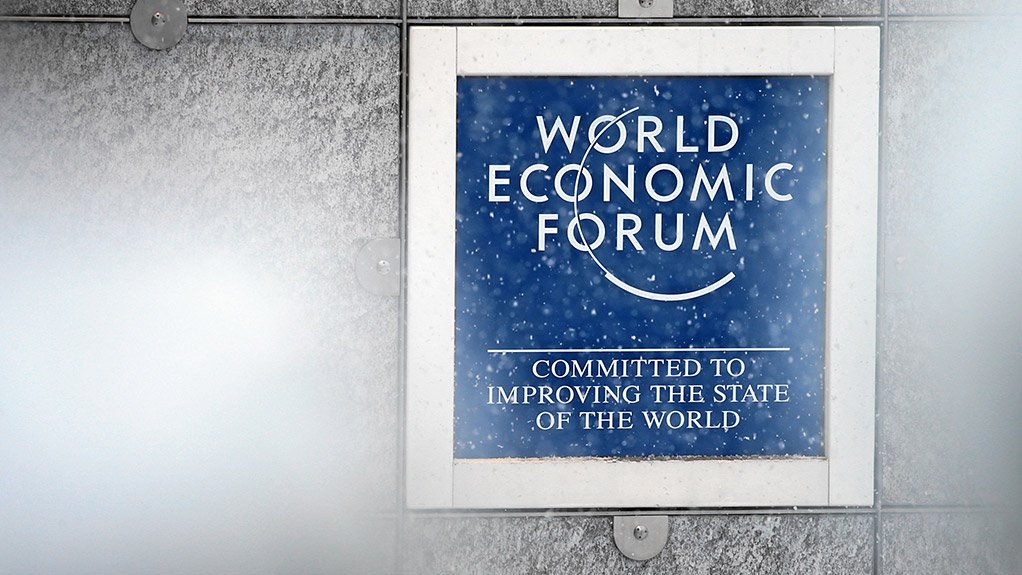Environmental risks such as extreme weather as well as cyber attacks and a deteriorating geopolitical landscape are some of the main risks currently facing the globe this year, the World Economic Forum (WEF) said in a report on Wednesday ahead of its annual conference.
In its 2018 Global Risk Report, the WEF said the prospect of strong economic growth this year presented world leaders with an opportunity to address signs of severe weakness in complex systems such as societies, economies, international relations and the environment.
The WEF said its Global Risks Perception Survey (GRPS) suggested that experts were preparing for another year of heightened risk, with 59 percent of 1 000 respondents seeing an intensification of risks, compared with 7 percent that saw declining risks.
"A deteriorating geopolitical landscape is partly to blame for the pessimistic outlook in 2018, with 93 percent of respondents saying they expect political or economic confrontations between major powers to worsen and nearly 80 percent expecting an increase in risks associated with war involving major powers," it said.
"However, as in 2017, the environment was by far the greatest concern raised by experts," it added.
Extreme weather; biodiversity loss and ecosystem collapse; major natural disasters; man-made environmental disasters; and failure of climate-change mitigation and adaptation all featured prominently as risks.
The survey also showed that cyber threats were growing in prominence, with large-scale cyber attacks now ranked third in terms of likelihood, while rising cyber-dependency was ranked as the second most significant driver shaping the global risks landscape over the next 10 years.
Economic risks featured less prominently in 2018, but inequality was prominent among the underlying risk drivers.
“A widening economic recovery presents us with an opportunity that we cannot afford to squander, to tackle the fractures that we have allowed to weaken the world’s institutions, societies and environment," WEF founder and executive chairperson Klaus Schwab said.
"We must take seriously the risk of a global systems breakdown. Together we have the resources and the new scientific and technological knowledge to prevent this."
The WEF report noted that youth unemployment had decreased slightly on the African continent over the past decade, but levels of working poverty among the young remained high, with 70 percent of young people living on less than US$3.10 per day.
EMAIL THIS ARTICLE SAVE THIS ARTICLE
To subscribe email subscriptions@creamermedia.co.za or click here
To advertise email advertising@creamermedia.co.za or click here











